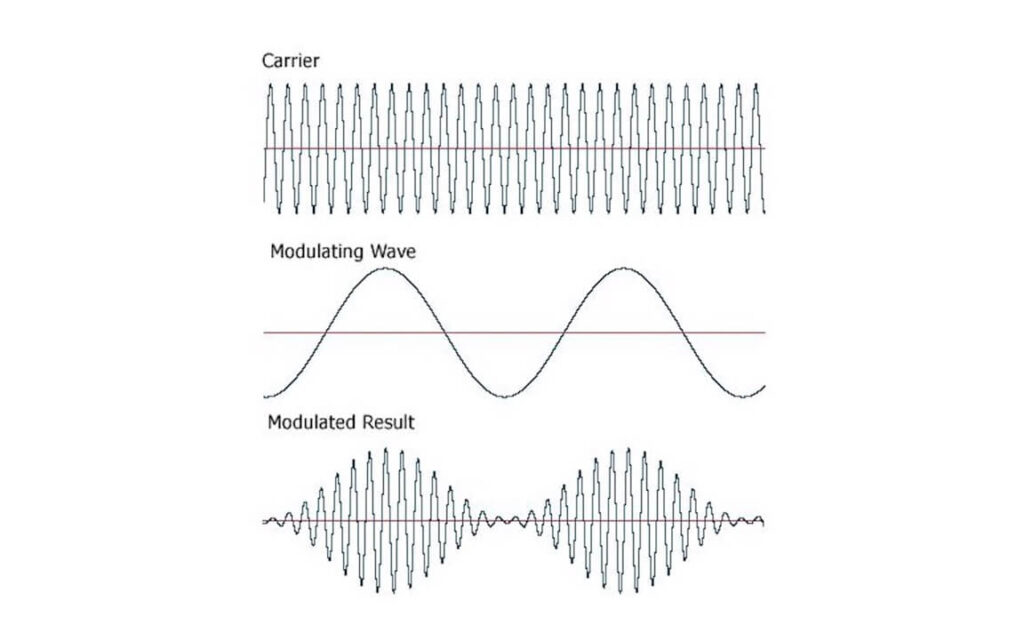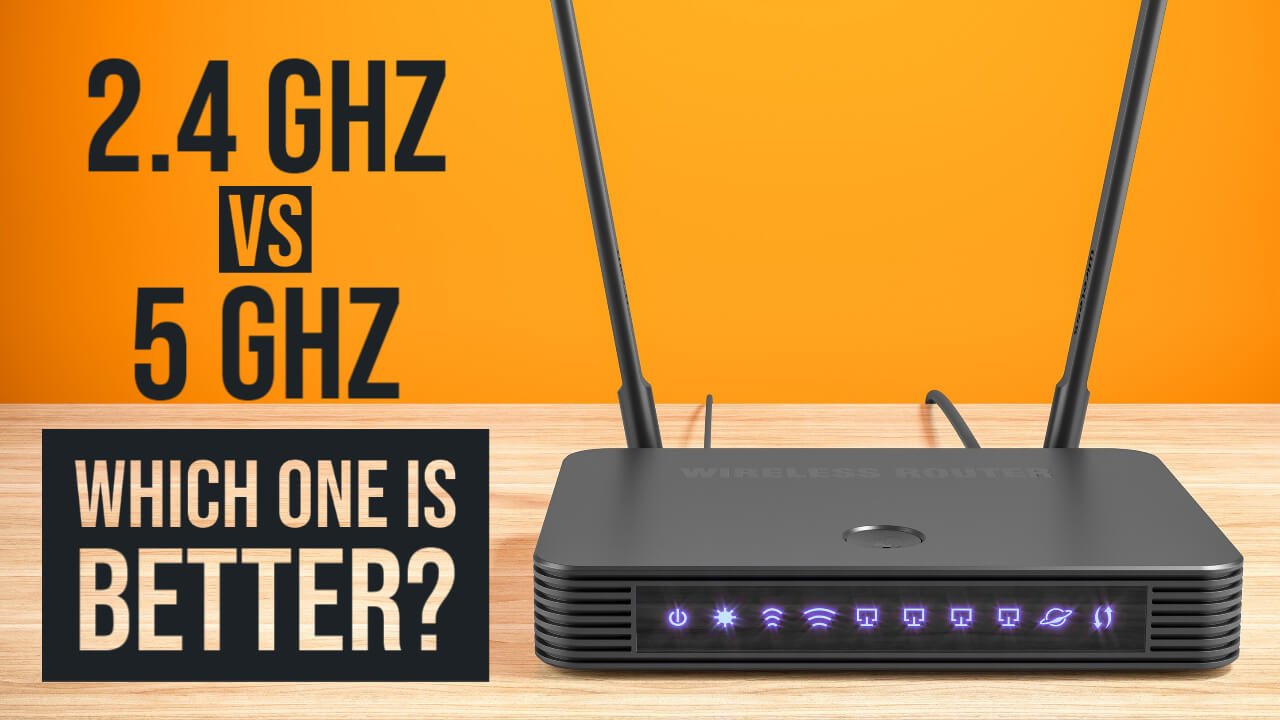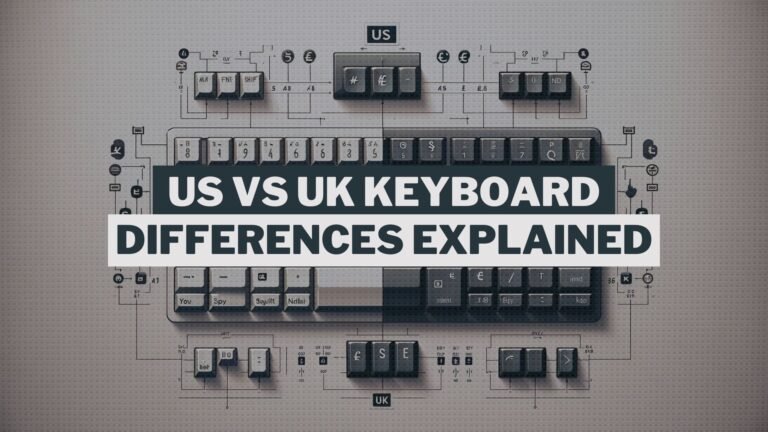In this article, I am talking about 2.4 vs 5Ghz on wifi routers. If you’ve been shopping for a router anytime in the last 5 years, you probably know that they ship dual band routers that allow you to connect on either frequency.
5 GHz is Faster in General
Most people assume that “Oh well 5 Ghz is a higher frequency, that means it can transmit data faster.” But that’s not exactly the case.

5 Ghz or 2.4 are the carrier wave frequencies. Thats the general frequency of the wave its putting out. But the information is encoded or modulated in that frequency about the same way between the two. So just cause it is a higher frequency doesn’t mean that it is carrying more information per second, necessarily by the frequency itself.
The real reason 5 Ghz is faster is because the way it uses different channels in how they’re arranged. You see with channels and wifi, they are basically small ranges of frequencies that are used to transmit data. So obviously the router isn’t using exactly 5 Ghz for everything, there is different frequency ranges that are possibly to be used.
Benefits of 5 GHz
In 5 Ghz they made it so there is no overlap between any of the channels. Which is not the case for 2.4. and also, there’s much less crowding of frequencies, and transmissions in each of the channels, because 5 Ghz is used less than 2.4. So overall it just opens up more bandwidth that is able to be used on each individual channel of the wifi. and that, along with improved protocols for transmitting data, such as being able to use multiple streams on different channels just makes 5 Ghz faster in general.
Another advantage of 5 Ghz that I briefly touched on before is wireless interference. The 2.4 Ghz range is very crowded and used by many other household devices not just wifi. which takes up alot of the airspace. You’ve got things like, cordless phones, bluetooth, even car alarm sensors, and microwave ovens all of these are in the same 2.4 Ghz range as wifi. And that just crowds the space and makes it tougher for the signal to get through all this interference could potentially mean you get packet loss, poor signal, that sort of thing.
But with 5 Ghz, very few other devices use it at all in your house. So certainly less than 2.4. So that means that you’re gonna have a much stronger signal and more availability of each channel. And its just going to be better in general.
The Main Disadvantage of 5 Ghz
So now you might be thinking “Oh 5 Ghz, sounds better in everyway no reason not to use it ever!” Not exactly the case, obviously.
The main disadvantage of 5 Ghz, is it has a significantly shorter range than 2.4.
You see, in general, lower frequency radio waves are better able to pass through walls than higher frequency waves. So if you’re a couple rooms away, Further away from the router. You’re probably going to have a stronger signal with the 2.4 gigahertz probably much more so than 5 Ghz.
So if you have a device that’s really close to the router. Then yeah its probably better to just use 5Ghz. But if you’re pretty far away, 2.4 Ghz might have a much better signal. However, you have to consider that the speed increase of 5 Ghz might offset that weaker signal.
In most cases though you’ll probably just want to do a test between the two to figure it out. Every environment is gonna be different. For example, if you have a ton of 2.4 Ghz interference, than maybe even the 5 Ghz will go further than 2.4, you don’t really know. You’ll also probably want to consider the type of device your using, if your using something that doesn’t really require a lot of speed at all, but will more rely on the signal strength Then yeah you’ll probably want to use 2.4 Ghz, just so you can consistently get a better signal.
What Type of Protocol You’re Using?
If your using AC, that only uses 5 Ghz. It doesn’t support 2.4 Ghz. Of course its backwards compatable But if you’re connecting, for example, a 2.4 Ghz connection to a AC router, then its only gonna be using N, not AC. If you want to take advantage of the AC protocol, it has to be 5 Ghz.
Wireless N on the other hand does support both 2.4 and 5 Ghz. So you just want to be aware that if you have an AC router and you’re only using it for 2.4 Ghz, you’re not really getting your moneys worth.






